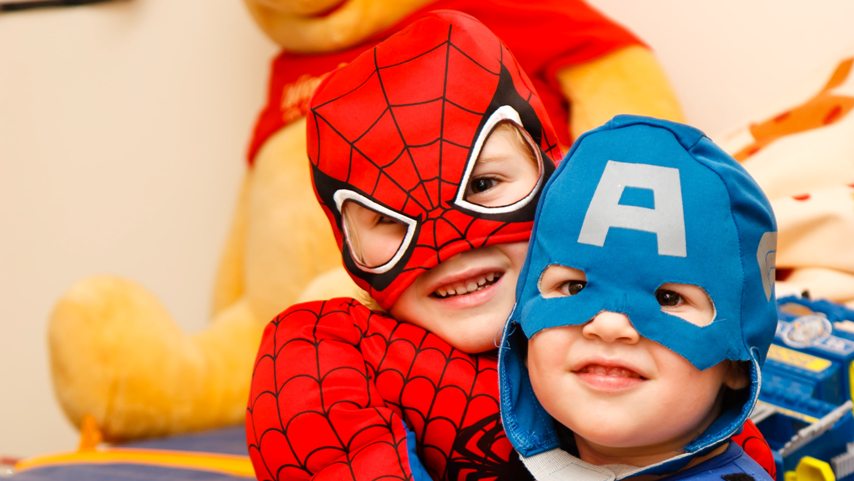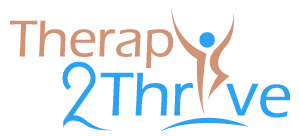Therapy2Thrive™
BLOG
925-998-3392
What’s the value in play? Is it just play?
Play is a powerful tool that is not always given the space to be seen or understood for all its glory and worth. As we enter National Play Therapy Week, here are some valuable pieces of play and Play Therapy to be mindful of.

P-Practice
The act of play gives kids the space to practice and learn new skills. Through play individually or with peers, children learn to fine tune essential skills such as fine and gross motor skills as well social skills just to name a few. If you have ever observed recess at an elementary school, what you are seeing is growth in action. Kids learn to negotiate terms of any game, collaborate on how to best manage interpersonal interactions and resolve issues as they arise with others. Play is used by children to interact and engage with the world around them.
L-Language
While words are used to communicate as an adult, play is the language of a child. It is natural instinct for children to use play to show struggles or successes they have been through, resolve difficulties, relieve stress and so much more. The right side of the brain– which is responsible for things like emotions, imagination and processing patterns/shapes develops before the left side of the brain which is responsible for processing language and speech. This means that we feel before anything else. Play is language of the body which allows children to “speak” what they feel. It takes a trained eye to understand what different forms of play mean and how to use play in a therapeutic sense. Much like a talk therapist would help someone through the process of self-reflection and come to new, more productive ways of being and healing, play therapists help youth make sense of life experiences and come to new ways of solving problems in a language more natural to them.
A- Active
Play is an active use of the mind and body. Therapeutic play is an intentional, structured and active approach to using play as an intervention with children are experiencing difficulties with social and/or emotional development and behavioral challenges. Instead of asking a child to join our adult world of higher cognitive function, play therapy is used to join the child’s world at their level. Through use of effective play therapy skills, children can learn how to engage differently with what they are struggling with and can help caregivers learn how to support their children in new, more productive ways.
Y-Youthful
While the term “play” often brings up notions of children, play therapy can be used effectively with older teens and adults as well. The “father” of Play Therapy, Charles Schaeffer talked a lot about how much depth play brings into a therapeutic experience. When words take a backstage role to an experience, a deeper sense of connection can be made to the range of emotions experienced in any given moment. When using play therapy with older youth or adults, it can be an effective method for processing repressed feelings and memories– moving and integrating them from the nonverbal parts of our brain into the frontal lobe section of expressive language.
Equipped with some knowledge of the value that play offers, how can you incorporate it more so that you can reap the benefits of play even as an adult?
Therapy2Thrive™ brings Hope for Healing
Our counselors at Therapy2Thrive™ provide compassionate, practical, and evidenced based practices to assist you in the therapeutic process to meet your goals and find hope to heal the challenges you are facing.
Contact our family counselor in Pleasanton for private consultation.
